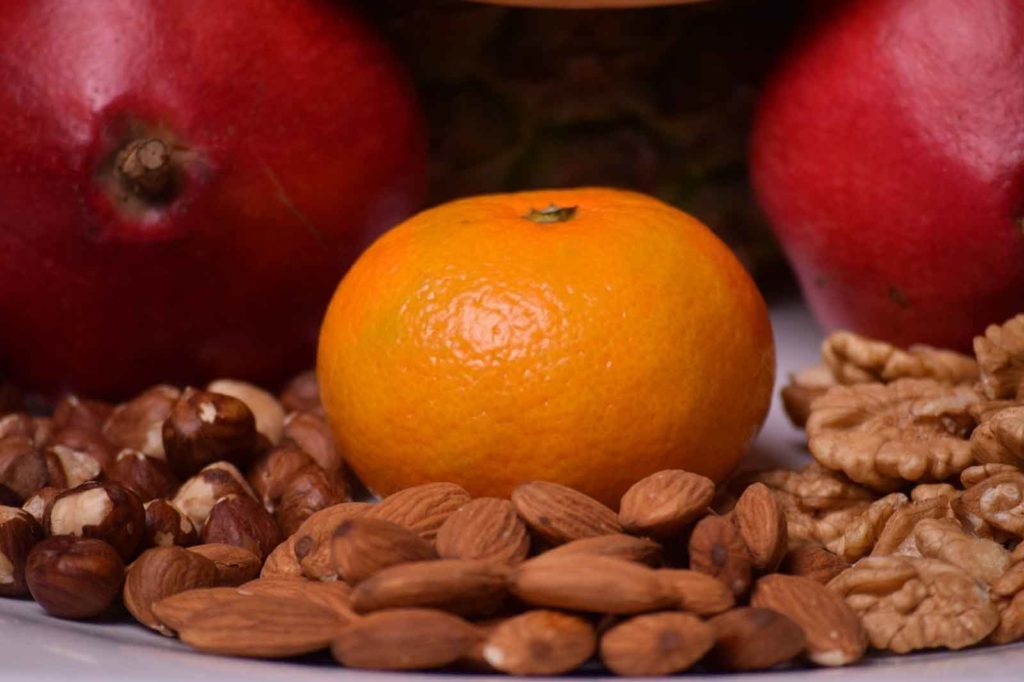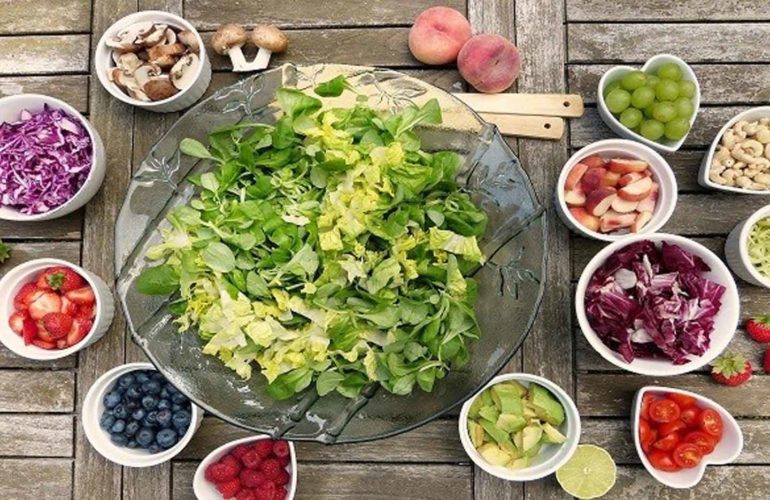A balanced diet is one that gives your body the nutrients it needs to function correctly. To get the proper nutrition from your diet, you must include all essential food in it. Your organs and tissues need proper nutrition to work effectively. Without good nutrition, your body is prone to diseases, infections, fatigue and poor performance. Children with a poor diet run the risk of development problems. Rising levels of obesity and diabetes are examples of ignoring balanced diet. This article gives information about 11 essential food you must include in your diet to meet the essential requirement of nutrition.
1. Grains other than Wheat
- Grains like rice, ragi, jowar, amaranth, quinoa, bajra, foxtail millet, kodu millet and buckwheat should be included in the diet atleast once a day
- Wheat can make you feel lazy so it should ideally be avoided in all meals
- Even if you’re not gluten sensitive, the starch amylopectin A and gluteomorphinscontained in wheat products may still affect you
2. Pulses and Legumes
- Pulses and legumes like lentil, mung dal, beans, chickpeas, black gram, arhar dal, black eyed beans, soybeans and horse gram should be included in your diet atleast once a day
- Pulses and Legumes are rich source of protein and fibre
- These also contain anti oxidants
- Apart from this, pulses and legumes are rich in iron and potassium. These help control appetite, are low in glycemic index which means they are good for heart and help reduce the risk of diabetes
3. Nuts and Seeds
- Seeds like flax seeds and chia seeds and nuts like walnuts and almonds are high in omega 3 fatty acid
- These however, should be consumed in moderation (handful of nuts and 1.5 tsp of seeds)
- Nuts and Seeds boost metabolism and have protein and fibre
- These are also rich in vitamins and minerals like viamin E, vitamin K, zinc, copper. Magnesium and manganese.
- Apart from all thus, nuts and seeds are very rich in anti oxidants, lower bad cholesterol and are anti inflammatory
4. Green Vegetables
- Green vegetables like spinach, broccoli, beans, green peas, mustard leaves, fenugreek leaves, capsicum, coriander, kale, cabbage, okra
- These are rich in chlorophull, fibre, lutein, zeaxanthin, calcium and folate
- Apart from this, these are also rich source of vitamin C, calcium and beta carotene
- Green veggies are full of anti oxidants. The nutrients found in them reduce cancer risks, lower blood pressure and chlestrol levels
- These also lower digestion time, support retinal health and help fight harmful free radicals boosting the immune system activity
5. Food rich in vitamin C
- Guava, amla, oranges, papaya, lemon, berries, broccoli, kiwi, tomato, lychees, bell peppers, thymes etc are food rich in vitamin C and should form part of our daily diet
- The human body cannot produce or store vitamin C, which makes it essential to consume these food items daily in sufficient quantity
- Vitamin C is extremely vital for our body as it contains anti oxidants which is good for skin and immune system
- It is also essential for collagen synthesis, connective tissue, bones and your small blood vessels

6. Red and Orange Fruits and Vegetables
- Beetroot, carrot, strawberries, pomegranate, oranges, pumpkin, papaya, apricots, cherries, cranberries, red onions, sweet potato, red pepper, rhubarb and red grapes are some of the food which must be included in the diet daily
- These food include carotene, zeaxanthin, flavonoids, lycopene, potassium and vitamin C
- They also reduce age related degeneration and the risk of prostate cancer. These foodalso result in healthy bones and joints, encourage alkaline balance
7. Food Rich in Probiotics
- Curd, yogurt, sauerkraut, kombucha, homemade pickles and kimchi are some of the food rich in probiotics
- These food help balance the friendly bacteria in the digestive system, promote weight loss and help boost the immune system
- Probiotics also helps in reducing belly fat
8. Herbs and Spices
- All herbs and spices like cinnamon, turmeric, cumin, black pepper, ginger, garlic, cloves, long pepper, cardamom, coriander
- These aid in digestion and are a very good source of anti oxidants, flavonoids and phyto nutrients
- Herbs and spices help reduce blood sugar, boosts metabolism and immunity
- You should however be particular and look out for allergies, nature of your body and suitability
- Ginger and fennel aids in digestion, reduces gas and acidity
9. Milk
- Preferably grass fed cow’s milk. Instead of low fat milk, go for toned milk
- Vegans can opt for almond, coconut or oat milk
- Milk is a rick source of calcium, vitamin D, potassium and Vitamin B12
- Milk also strengthens bones, teeth, induces good sleep, promotes weight loss, reduces stress and tiredness.
- Milk also reduces heartburn and good for skin
10. Coconut Oil or Desi Ghee
- Healthy fat from coconut oil or desi ghee should be consumed in moderation
- It helps in better absorption of certain vitamins and promotes fat burning
- Coconut oil or desi ghee also curbs craving, supplies healthy nutrients and prevents loss of muscles
11. Whole Eggs
- Eat atleast one whole egg a day
- Make sure the eggs are fresh and of good quality
- Eggs are full of nutrients such as protein, zinc, folate and vitamin A, D and E
- Eggs are also healthy for the heart, bones, skin and hair
- Whole eggs are a complete source of protein
